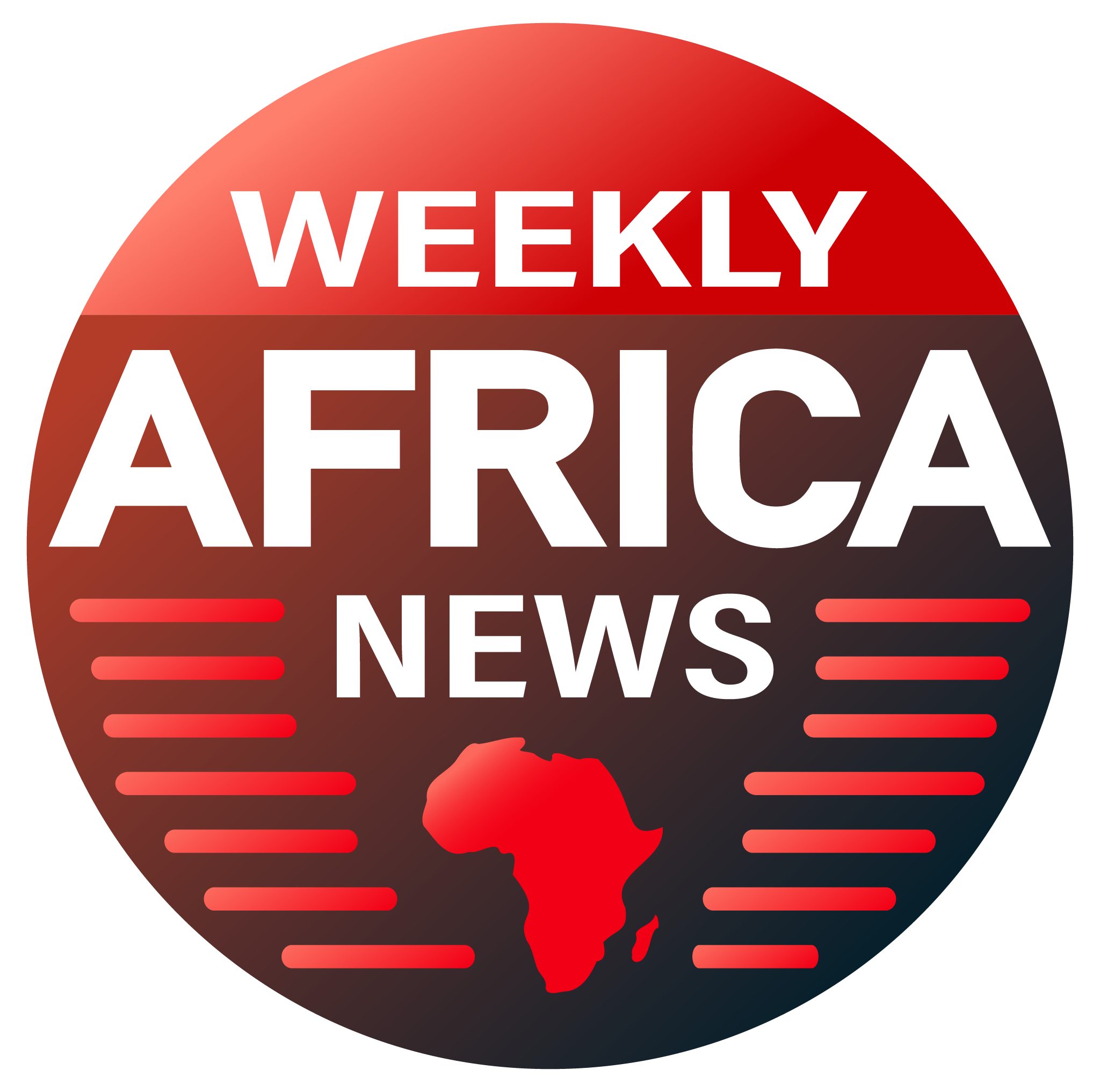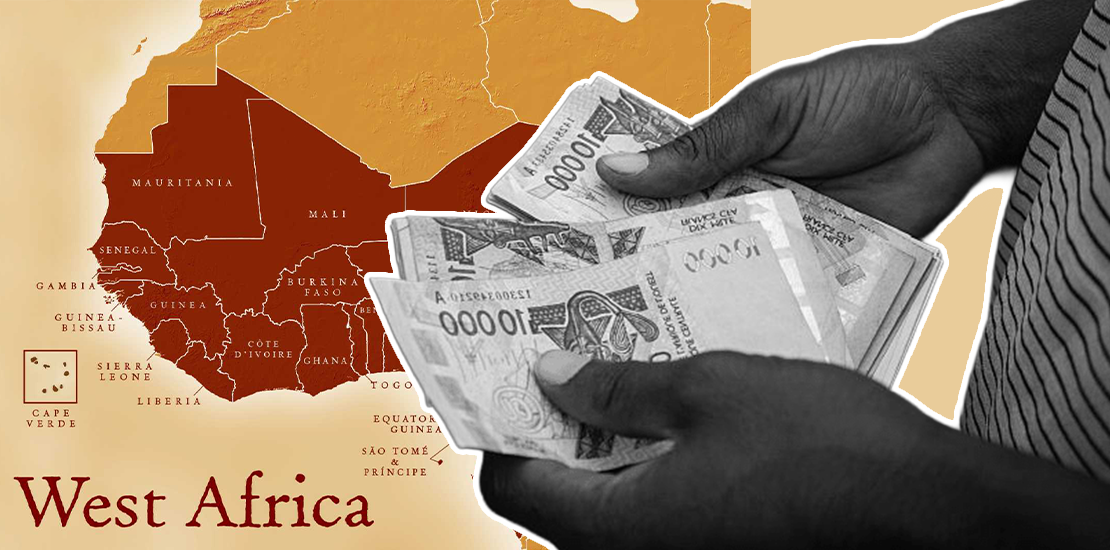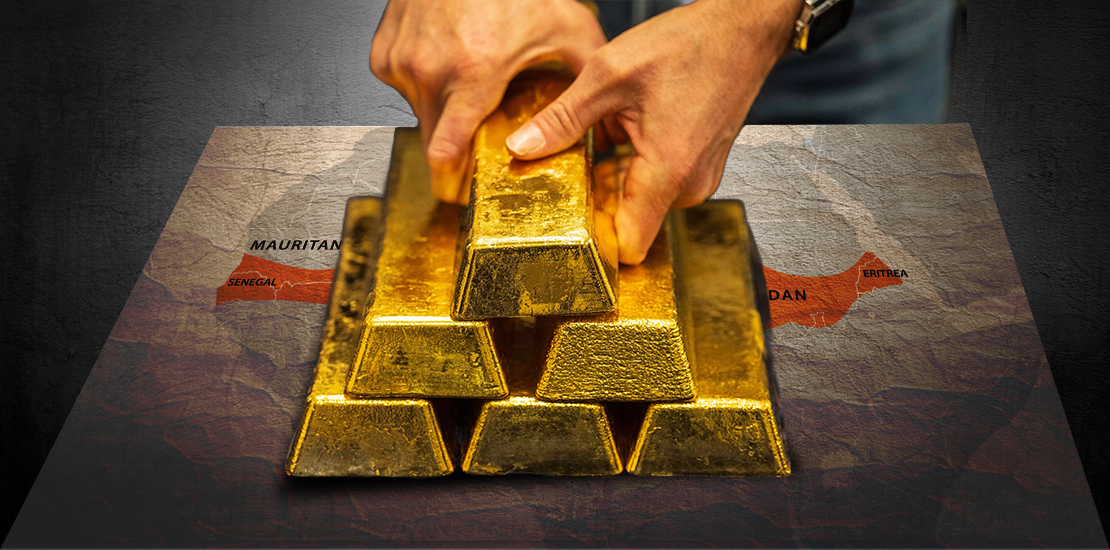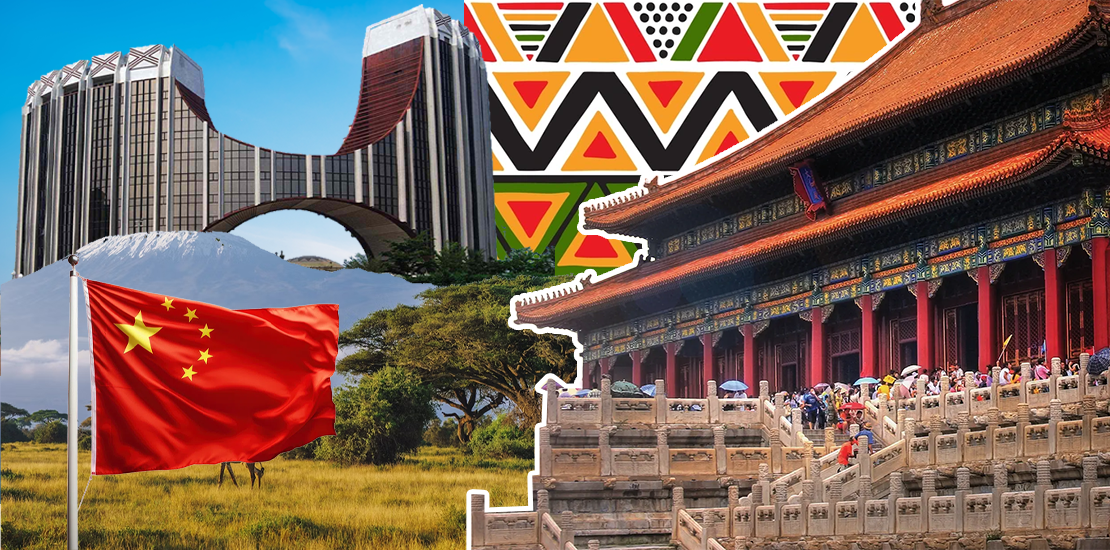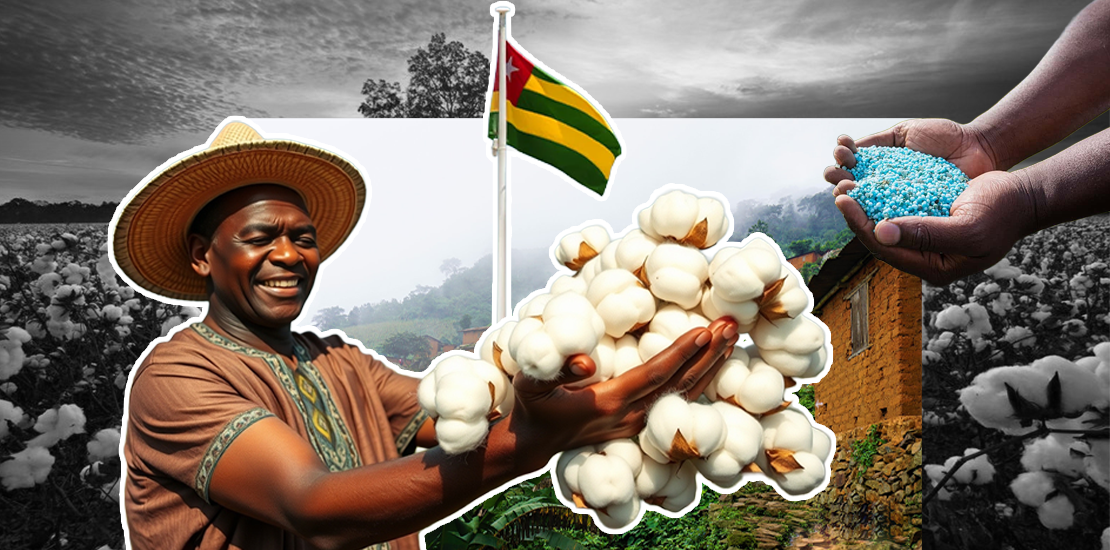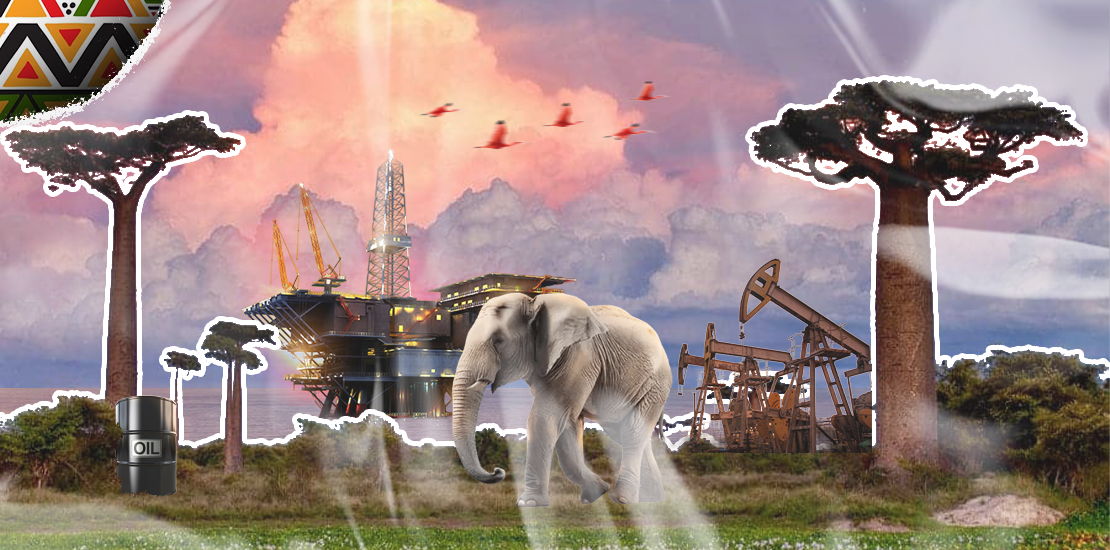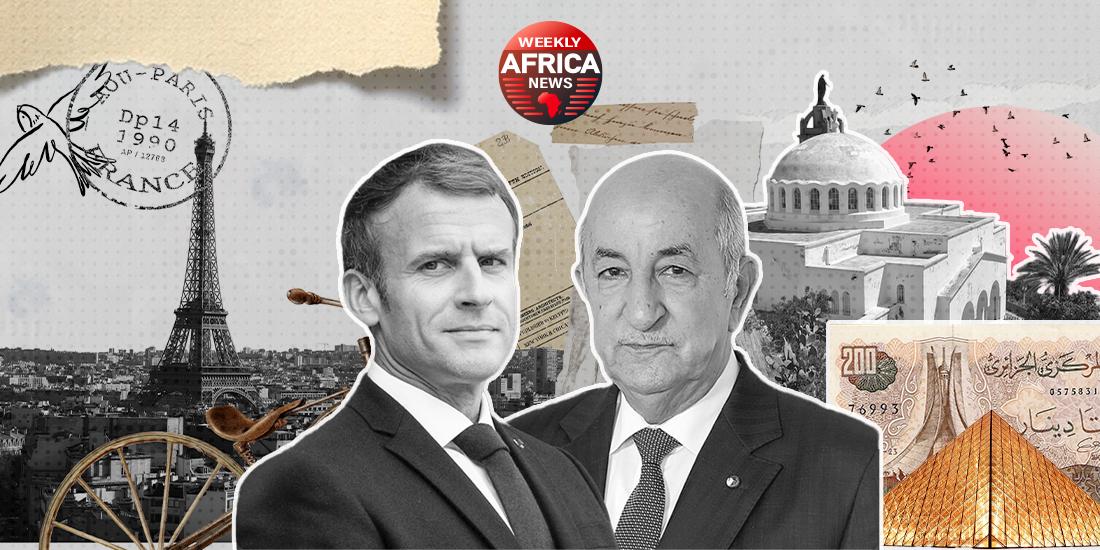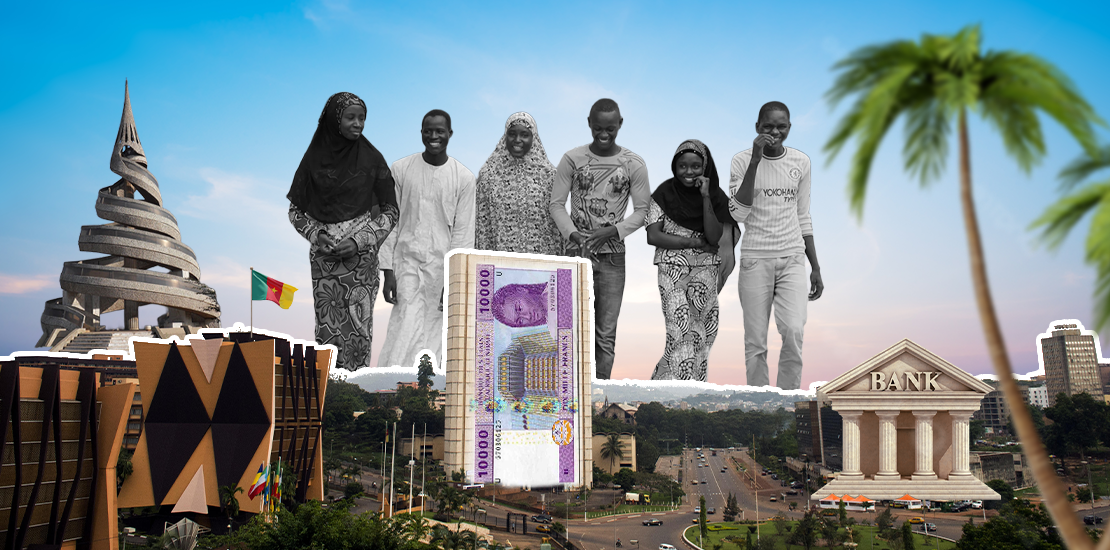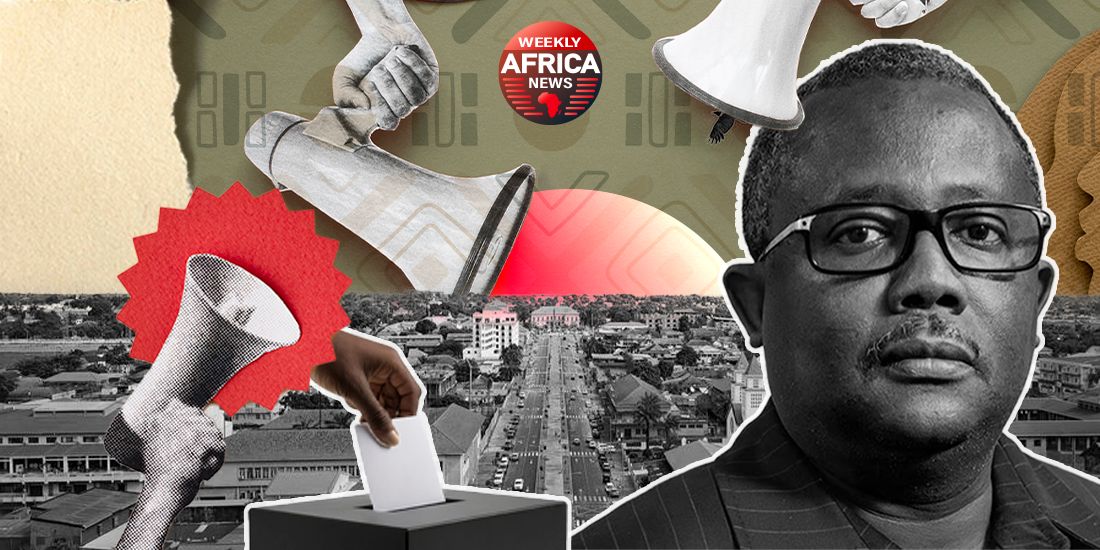A crucial ballot scheduled for October 2025
Côte d’Ivoire is gearing up for the presidential election on October 25, 2025, a crucial vote to consolidate the stability regained after the 2010-2011 crisis. The political landscape is in turmoil: alliances are being dismantled and rebuilt, while the government is insisting on a peaceful and credible election as a guarantee of stability and continued development.
Historic alliances turned upside down
The contemporary Ivorian political scene has long revolved around three major parties – Houphouët-Boigny’s PDCI-RDA (then his successor Henri Konan Bédié), Laurent Gbagbo’s FPI and Alassane Ouattara’s RDR. Their relations have oscillated between fierce rivalry and alliances of interest. After 2011, an unprecedented rapprochement took place: Bédié’s PDCI and Ouattara’s RDR joined forces within the RHDP to govern together. This “Houphouëtiste” coalition worked until 2018, when Bédié broke with Ouattara by refusing to merge the PDCI into a unified RHDP party. The break-up shattered the power entente: the RHDP became the hegemonic presidential party, while the PDCI returned to the opposition.
At the same time, Gbagbo’s FPI split during his absence, between Affi N’Guessan’s branch and those who remained loyal to the ex-president. When the latter returned in 2021, a new party, the PPA-CI, was created to unite his supporters. In this context, former historic adversaries forged surprising alliances: Bédié and Gbagbo made common cause from 2019 to oppose a third term for Ouattara. Together, they called for civil disobedience in 2020 and boycotted the election, without succeeding in preventing the president’s re-election. Nevertheless, this unprecedented collaboration paved the way for PDCI-FPI coordinations that continue to exist today in opposition.
A mosaic of candidates for 2025
The upcoming candidacies reflect these realignments. On the power side, the RHDP is betting on continuity. Its natural leader remains President Alassane Ouattara, even if he is maintaining the suspense about his participation. Ouattara says he has “not yet made a decision”, but says he is “eager to continue serving” his country. He also hinted that his party is full of possible successors – “half a dozen candidates” according to him – should he choose to step down. Whether he stands for re-election or appoints a successor, the objective of the presidential camp is clear: to preserve stability and pursue the economic projects underway.
On the other side, the opposition is organizing itself as best it can. Former president Laurent Gbagbo has already been nominated as candidate by his PPA-CI party, despite his current ineligibility due to a court conviction. He is calling for a “fair” and “peaceful” election, even if he will have to obtain an amnesty to be able to run. Simone Gbagbo, head of her own party (MGC), is also a candidate, which could disperse the pro-Gbagbo electorate.
As for the PDCI, the main opposition party, it has to cope with Bédié’s absence. Tidjane Thiam, a former minister and international banker, has taken over the reins of the party and is emerging as a serious contender for 2025. Mr. Thiam, who embodies a generational renewal, must however contend with other ambitious cadres within the PDCI. The party is also considering second-round alliances with other opponents to maximize its chances.
Finally, Pascal Affi N’Guessan is carrying the candidacy of the original FPI, although he is struggling to mobilize more than his core supporters.
Political recompositions and rallies
As the elections approach, the political landscape is in a state of upheaval. On the power side, the RHDP has firmly established itself throughout the country thanks to the merger of various forces within its ranks. It has integrated former allied formations and attracted defectors from the PDCI. This strategy largely dominated the local elections of 2023, confirming its electoral supremacy in the face of a divided opposition.
At the same time, the opposition is seeking to unite, despite its splits. Gbagbo’s PPA-CI and Thiam’s PDCI have begun talks to present a common front in 2025. They also formed a joint list for certain local elections in 2023. A formal PDCI-PPA-CI coalition – whether in the first round or via a carry-over of votes to the second – could represent a serious challenge for the RHDP. However, a lasting agreement is still hampered by leadership rivalries and uncertainty over Gbagbo’s candidacy.
Several moderate opponents have joined the presidential camp in recent years, illustrating the RHDP’s strategy of openness and helping to weaken the opposition.
Stability and development: the government’s credo
Faced with these changes, the government is resolutely optimistic and unifying. It is insisting that stability will be preserved throughout the electoral process. “The election will be peaceful, democratic and transparent”, promised Alassane Ouattara, pledging the credibility of the institutions responsible for organizing the vote. The Independent Electoral Commission is deploying substantial resources to ensure a reliable ballot: modernization of equipment, training of agents and revision of the electoral roll (nearly one million new registrants by 2024).
The ruling camp also insists on the need to preserve the economic development already underway. Ivorian growth is among the highest in Africa, driven by vast infrastructure projects. The government believes that only political continuity can maintain this momentum and investor confidence. On the security front, finally, the authorities are emphasizing their efforts to contain threats and prevent a return to violence: army reform, heightened vigilance on the northern borders against terrorism, and the reintegration of ex-combatants have all contributed to making the country an island of relative tranquility in a troubled region.
Ultimately, the 2025 presidential election promises to be a test of maturity for Ivorian democracy. It’s a challenge in which both the government and the opposition will have to put the national interest – stability, development and democracy – ahead of partisan quarrels. On the evening of October 25, 2025, the challenge for Côte d’Ivoire is to emerge united and strengthened, whatever the outcome of the election.
